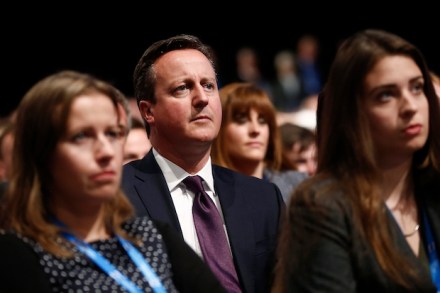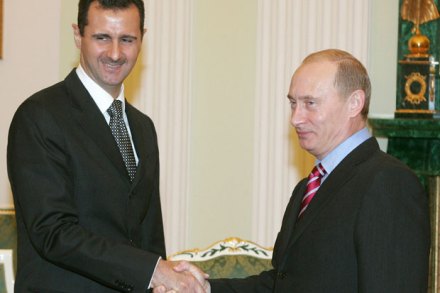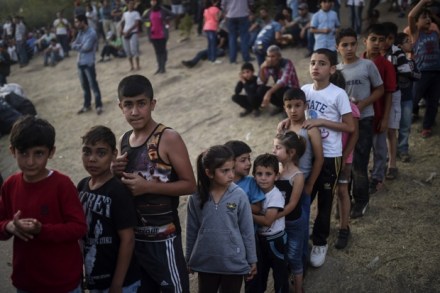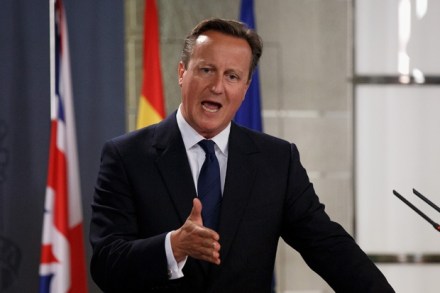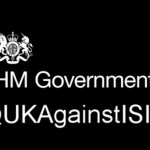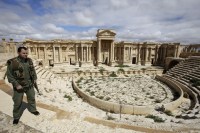The chaos of Libya returns to haunt David Cameron
‘Were we right to stop a massacre? Yes, we absolutely were,’ said David Cameron on his Radio 4 Today programme interview. But the real question is different: were we right to depose Gaddafi, given the chaos (and bloodshed) that has followed in Libya? Are things so much better for the citizens of Benghazi (and the 80,000 souls in Sirte) now that Islamic State has moved in? The Prime Minister stopping a potential massacre at Benghazi was fairly uncontroversial. But should he have then pressed on to topple the Libyan and created the vacuum now being filled with sectarian warfare and the migration crisis? We know quite a lot about all this due to the book
